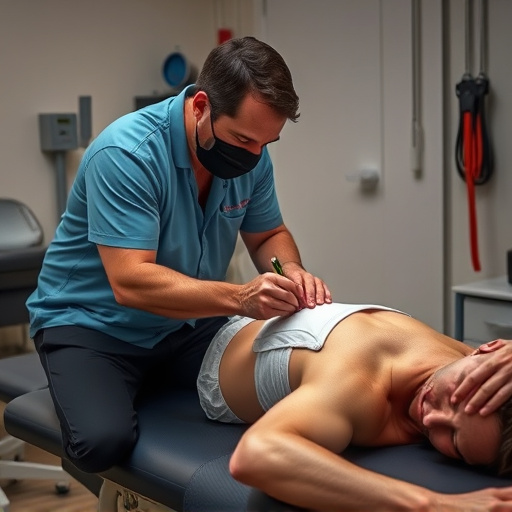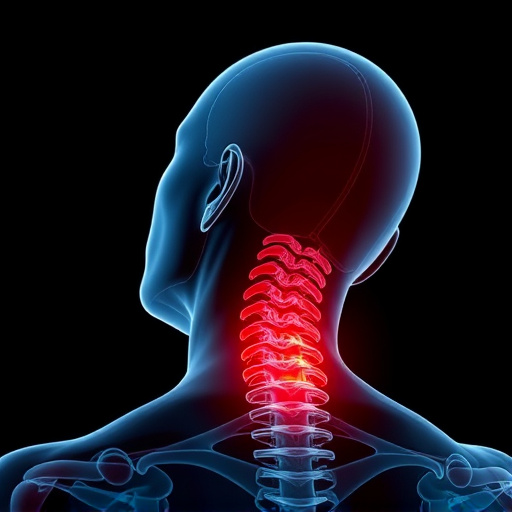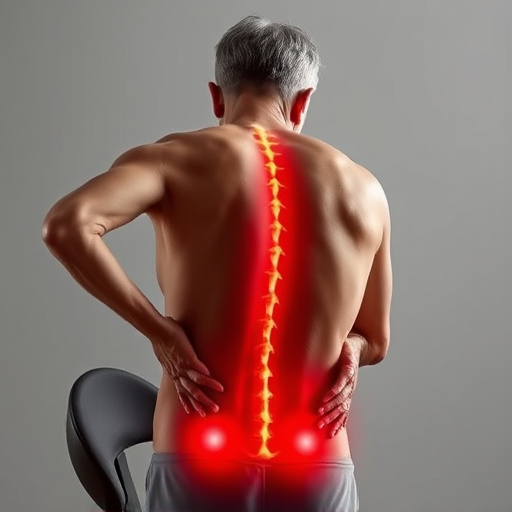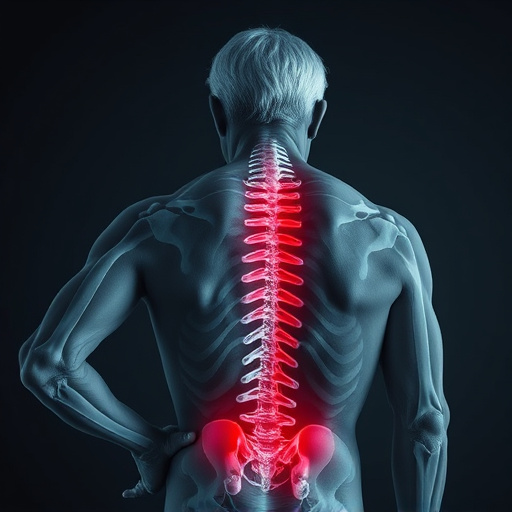Auto injury assessments involve healthcare professionals thoroughly examining physical symptoms, medical history, and diagnostic tests to evaluate musculoskeletal injuries from car accidents. This process guides tailored rehabilitation plans focusing on pain management, mobility restoration, and personalized care for optimal recovery. Accurate assessments enable effective treatment strategies based on individual needs.
Auto injury assessments play a pivotal role in shaping rehabilitation strategies, ensuring personalized recovery plans. This comprehensive evaluation process involves meticulous scrutiny of physical injuries, sensory impairment, and functional limitations. By delving into these aspects, healthcare professionals can accurately interpret auto injury assessment findings, facilitating informed decisions for effective rehab recommendations. Key elements include assessing range of motion, muscle strength, and cognitive function, ultimately guiding tailored interventions.
- Understanding Auto Injury Assessment Process
- Key Elements in Evaluating Injuries and Impairment
- Interpreting Assessments for Effective Rehabilitation Planning
Understanding Auto Injury Assessment Process

The auto injury assessment process is a meticulous evaluation designed to understand and document the extent of injuries sustained in a motor vehicle accident. This critical step involves comprehensive examinations by healthcare professionals, including doctors, physiotherapists, and specialized nurses. During this process, various aspects are considered, such as physical symptoms, medical history, and diagnostic tests like X-rays or MRIs. The goal is to pinpoint the affected areas, the severity of injuries, and underlying causes, which directly influence the subsequent rehab recommendations.
By thoroughly assessing auto injury victims, healthcare providers can tailor rehabilitation plans for optimal recovery. For instance, if a patient experiences neck pain treatment needs due to whiplash, the assessment will guide specialists in designing exercises for muscle recovery and reducing sciatica treatment requirements. This data-driven approach ensures that each patient receives personalized care, enhancing their journey towards full recovery and restoring mobility after an auto accident.
Key Elements in Evaluating Injuries and Impairment

When conducting an auto injury assessment, several key elements come into play to accurately evaluate the extent of injuries and resulting impairment. The initial step involves a thorough examination of the affected area, including visual inspection, range-of-motion testing, and palpation to identify painful points and trigger areas. This is crucial in diagnosing acute or chronic musculoskeletal injuries commonly associated with car accidents.
Specialized tests are employed to quantify the level of damage, such as strength assessments and nerve conduction studies. The assessment also considers the patient’s medical history, previous conditions, and any pre-existing symptoms. These factors help healthcare professionals formulate rehabilitation plans, including therapeutic exercises tailored to address specific muscle groups or joint limitations. In some cases, advanced treatments like shockwave therapy for pain may be recommended based on the severity of musculoskeletal injuries.
Interpreting Assessments for Effective Rehabilitation Planning

Auto injury assessments play a pivotal role in shaping effective rehabilitation strategies. These comprehensive evaluations provide valuable insights into an individual’s condition post-injury, enabling healthcare professionals to tailor treatment plans accordingly. By carefully interpreting assessment findings, rehab specialists can identify specific areas of impact and determine the most suitable course of action. This may include recommendations for non-invasive treatments, such as physical therapy or spinal adjustments, which are crucial in addressing pain management and restoring mobility.
Accurate assessment data allows for a more precise approach to rehabilitation, ensuring that each patient receives personalized care. For instance, if an auto injury assessment reveals muscle spasm and limited range of motion, healthcare providers can focus on targeted exercises and gentle spinal adjustments to alleviate these symptoms. This strategic planning enhances the overall rehab process, fostering better outcomes and faster recovery for individuals affected by auto injuries.
Auto injury assessment plays a pivotal role in shaping effective rehab recommendations. By thoroughly evaluating injuries, impairment, and functional abilities, assessors provide crucial data that guides rehabilitation planning. Understanding this process ensures that treatments are tailored to individual needs, promoting faster recovery and improved quality of life post-injury. Incorporating key elements from auto injury assessments enables healthcare professionals to make informed decisions, ultimately enhancing the success of rehabilitation strategies.














